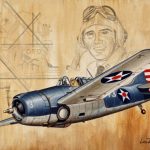Introduction
Aviation art blends passion for flight with artistic expression, making it a meaningful and visually striking collectible. Whether you’re fascinated by vintage warbirds, modern jets, or the golden age of commercial aviation, starting an aviation art collection is a rewarding way to celebrate the history and beauty of flight. This guide will help you take off with confidence—whether you’re a first-time collector or adding to your aviation-themed space.
Why Collect Aviation Art?
Personal Connection
Many collectors are drawn to aviation art because of a personal link—military service, family history, or simply a love of aircraft and aviation history.
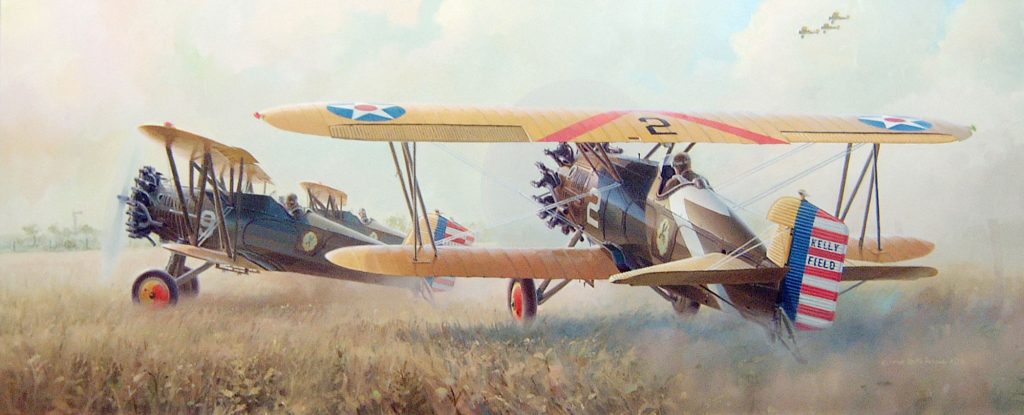
Historical Significance
Each piece tells a story, often tied to major events like World War II dogfights, pioneering pilots, or breakthrough aircraft.
Aesthetic Value
From hyper-realistic oil paintings to dramatic digital prints, aviation art looks fantastic in homes, offices, hangars, or libraries.
Investment Potential
Limited edition prints and original works by renowned artists can gain value over time, especially when signed or part of a numbered series.
Step 1: Define Your Theme or Focus
Narrowing your interests will help build a cohesive and meaningful collection. Popular themes include:
- World War II aviation art
- Modern military aircraft
- Commercial airliners and civil aviation
- Famous pilots or missions
- Space and experimental flight
Tip: Start with what inspires you most—emotion drives great collections.
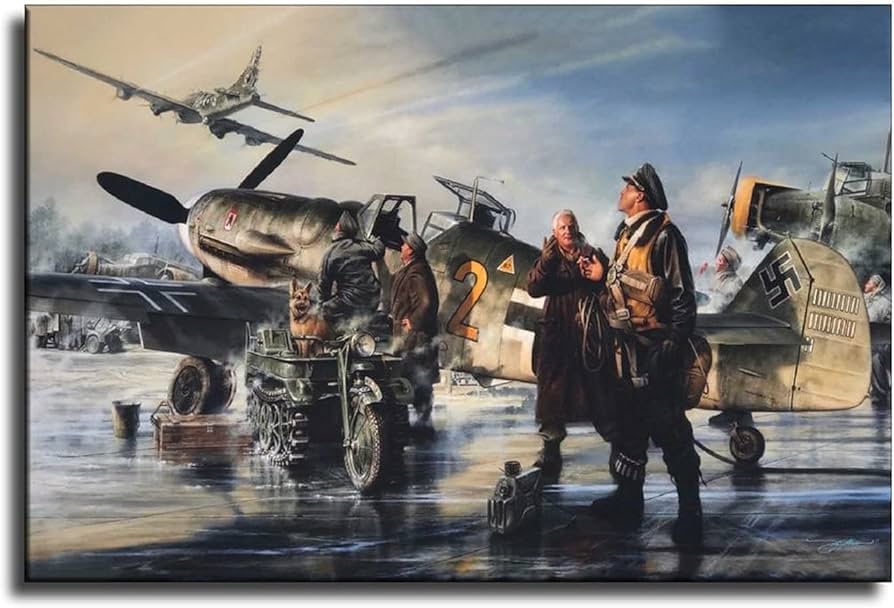
Step 2: Learn About Notable Aviation Artists
Familiarize yourself with some of the top names in the field:
- Robert Taylor – Known for WWII battle scenes
- Keith Ferris – U.S. Air Force artist with stunning realism
- Gil Cohen – Portraits of pilots and historic aviation moments
- Mark Postlethwaite – Modern artist focused on RAF and historic aircraft
Look at each artist’s unique style, subject matter, and limited edition availability.
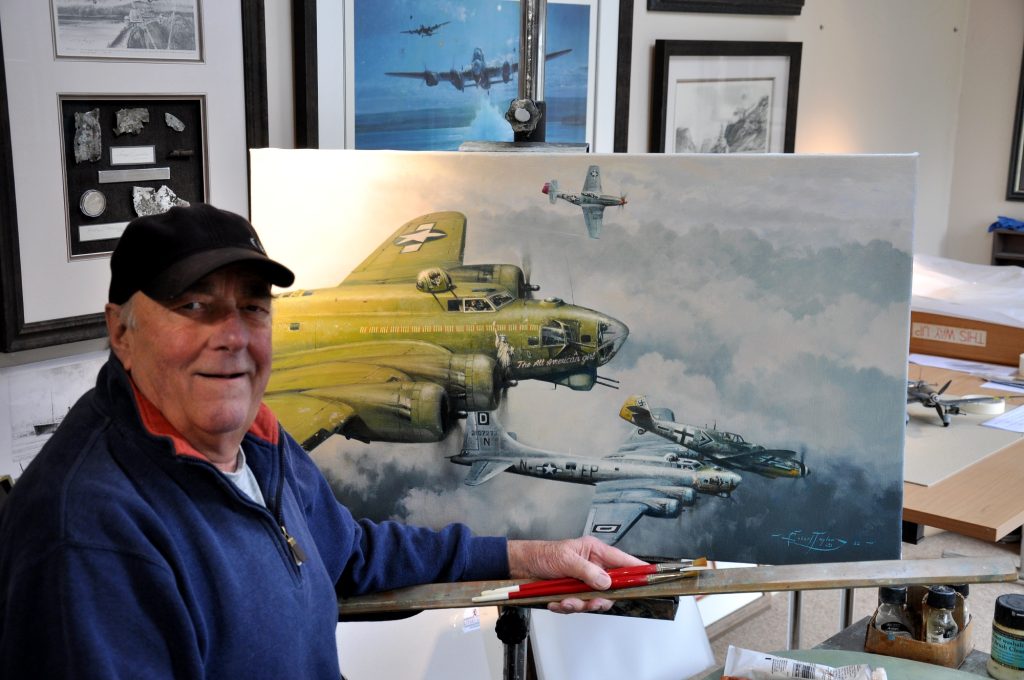
Step 3: Choose the Right Medium for Your Space & Budget
Types of Aviation Art:
- Original paintings – Most valuable but also most expensive
- Limited edition prints – Signed and numbered; great balance of quality and affordability
- Open edition prints – Budget-friendly for casual collectors
- Posters and digital art – Perfect for starting out or decorating larger spaces
Step 4: Know Where to Buy Aviation Art
Trusted Sources Include:
- Artist websites – Direct from the artist, often with signed options
- Aviation museums and galleries – Authentic and often exclusive
- Online retailers – AviationArtStore, MilitaryArtCompany, Etsy (vet sellers)
- Airshows and expos – Great for meeting artists and discovering new work
- Collector forums – For secondhand pieces, trades, and recommendations
Tip: Always verify authenticity—look for artist signatures, certificates of authenticity (COAs), and edition numbers.
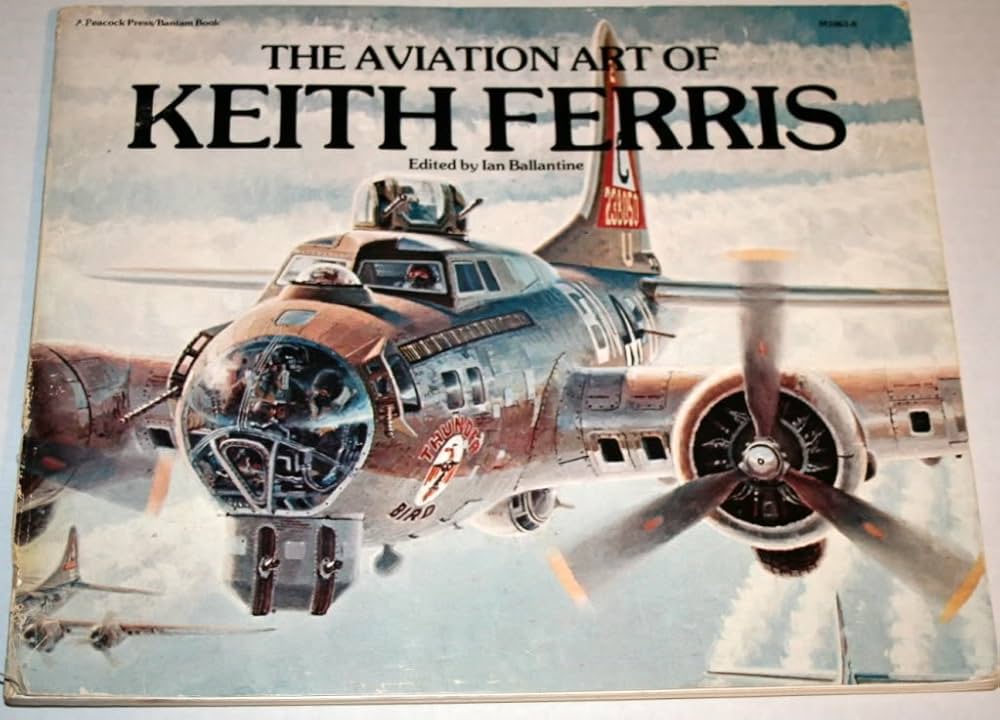
Step 5: Display and Preserve Your Art
Framing & Display Tips:
- Use UV-protected glass or acrylic
- Choose acid-free backing materials
- Hang away from direct sunlight and humidity
- Create a themed gallery wall or dedicated “aviation corner”
Bonus idea: Pair artwork with aircraft models, pilot memorabilia, or flight logs for a museum-style feel.
Step 6: Connect with the Aviation Art Community
- Join forums like CollectSPACE or aviationart.org
- Follow artists on social media for new releases
- Attend airshows, gallery events, and museum nights
- Subscribe to aviation art newsletters for deals and artist interviews
Building relationships with fellow collectors and artists enriches your collecting experience and helps you discover hidden gems.
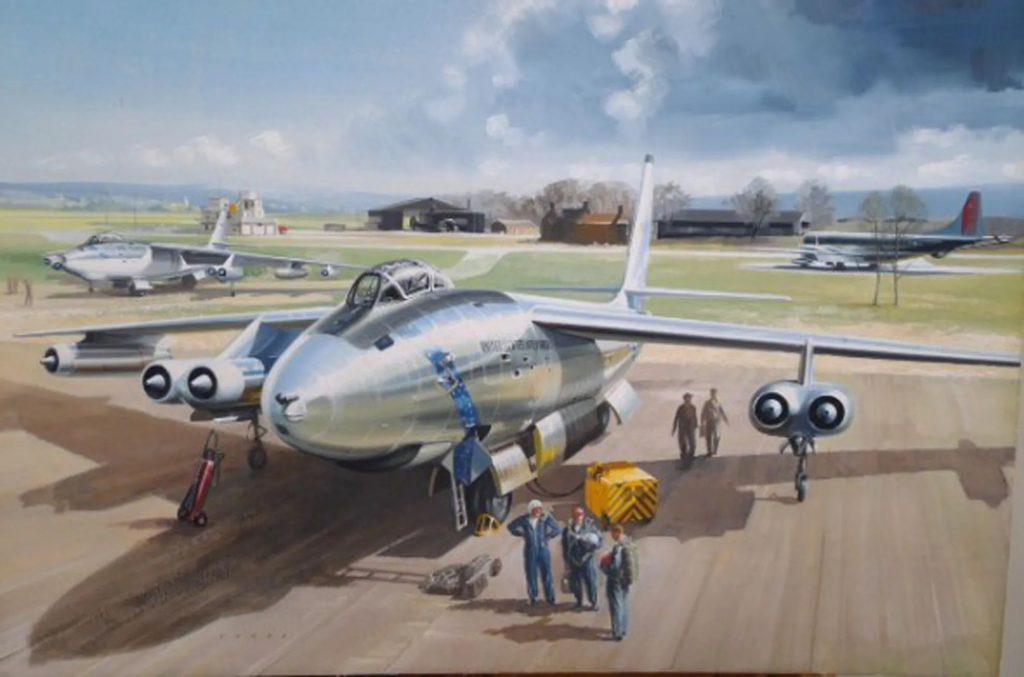
Conclusion
Starting an aviation art collection is more than acquiring beautiful images—it’s about preserving and celebrating the incredible legacy of human flight. Whether you’re buying your first signed print or commissioning a custom piece, this journey will deepen your appreciation for aviation history and art alike. So, pick your theme, set your sights high, and let your passion for flight guide your collection skyward.

